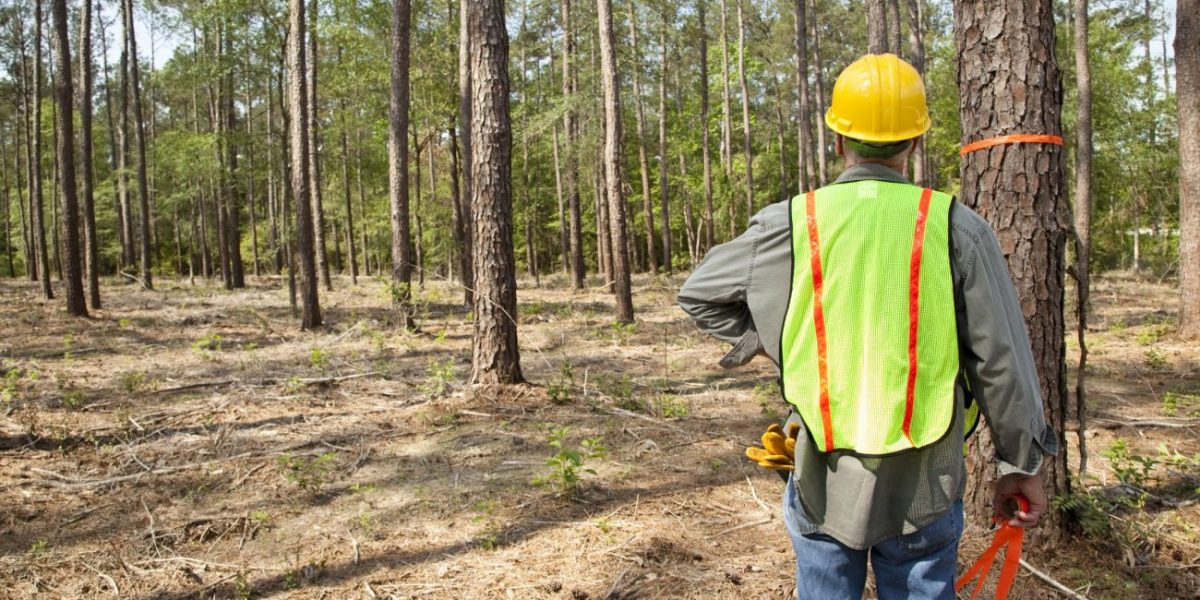Activist groups like the Dogwood Alliance have attacked biomass and the forest products industry in North Carolina. They’ve falsely labeled biomass as a polluter and claimed – with incorrect math – that North Carolina’s forest products industry is hurting the environment.
But here’s the truth – North Carolina forests are growing.
As Inside Sources notes, “according to a report from the UDSA’s Forest Inventory and Analysis service, the latest data shows that North Carolina actually gained approximately 150,000 acres of forest land over the last five years (from 2013 to 2018) – now at more than 18.7 million acres of forest land.”
Forests are growing not in spite of forestry, but because of it.
The forest products industry provides incentives for private landowners to plant and manage trees on their property. Without an economic incentive, landowners would transition to other income-producing activities on their land such as development or agriculture – activities that are carbon intensive.
More trees equal more carbon sequestered from the atmosphere. It’s that simple, and sustainable forest management practices make this a reality.
Not only is the forest products industry helping the environment, it’s also lifting up local communities. According to the North Carolina Forestry Association, the forest products industry is North Carolina’s top manufacturing industry, providing over 70,000 jobs, more than $18 billion in sales, and over $900 million in tax revenues. That’s money for schools, roads, and government services the public relies on.
Sustainable forestry means more jobs and a stronger environment. What’s wrong with that?

